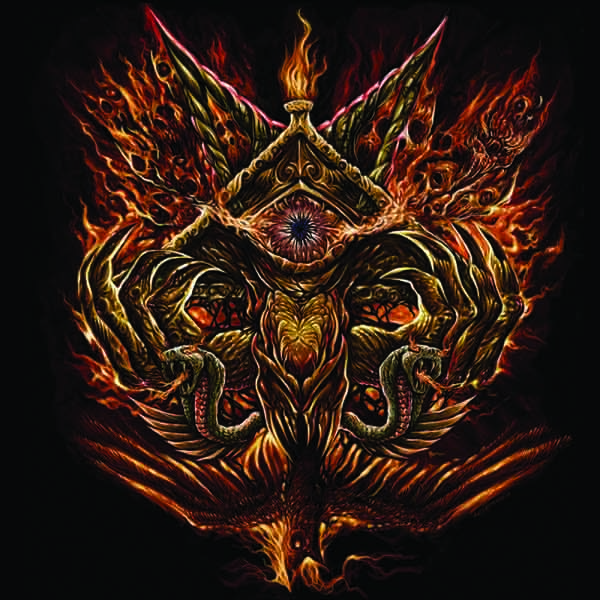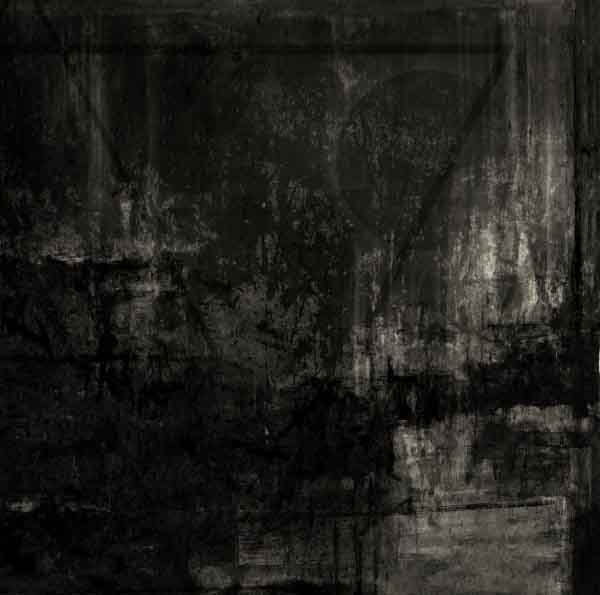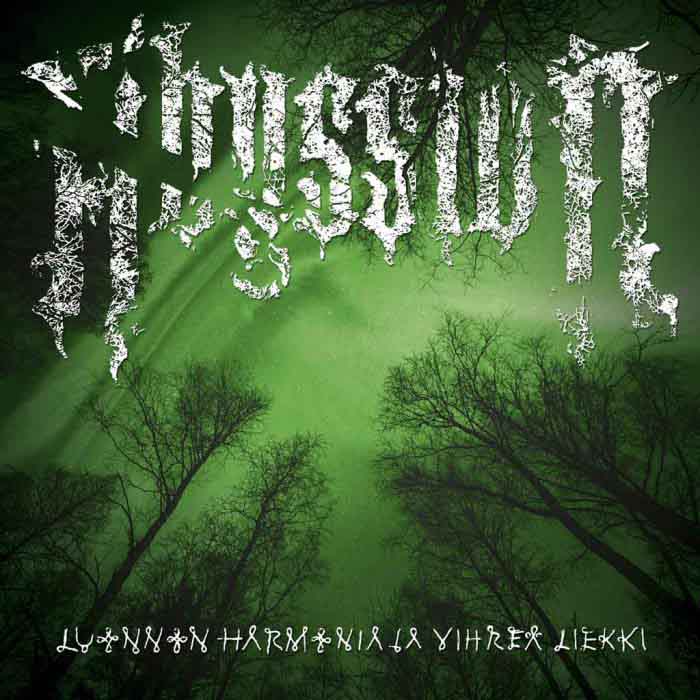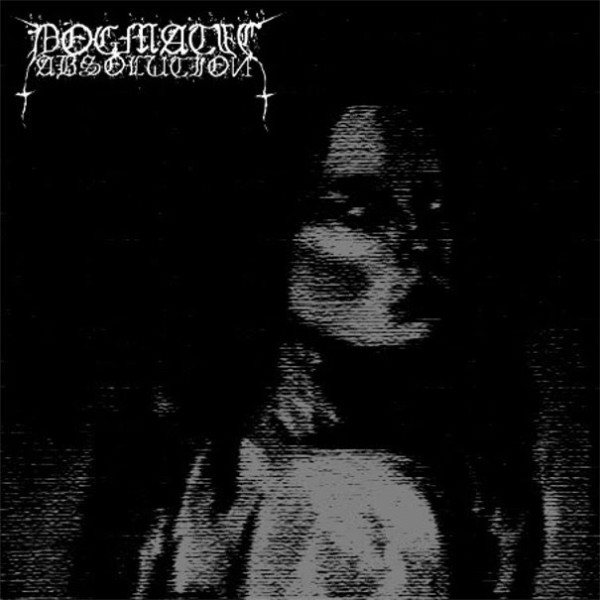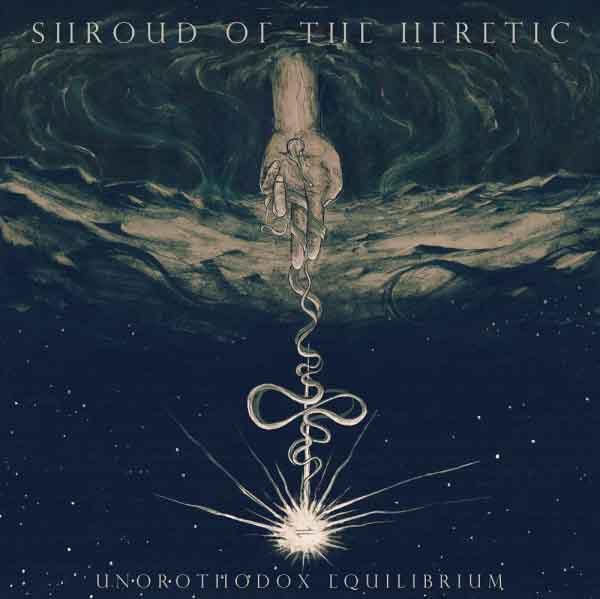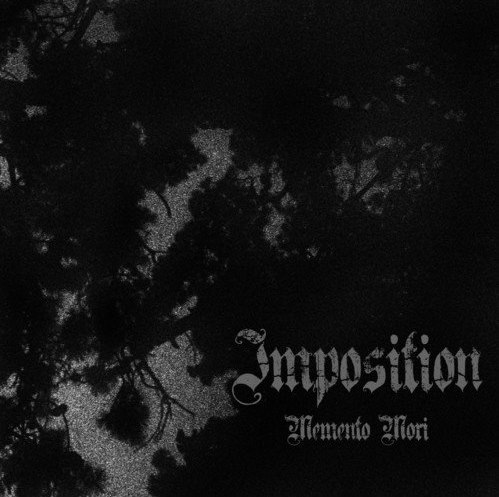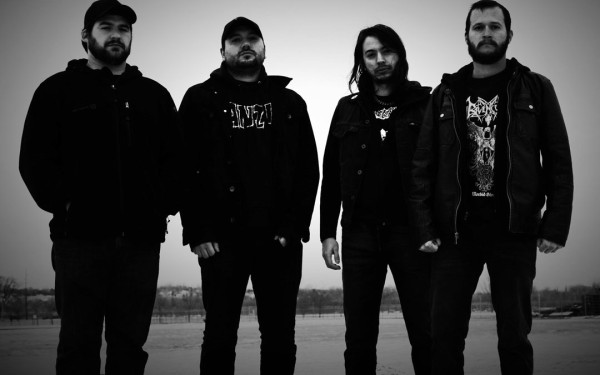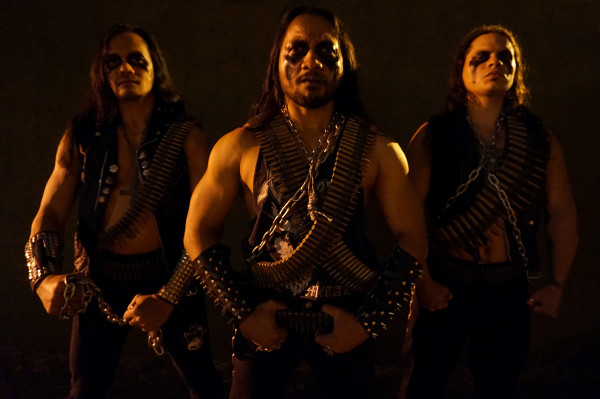Watching the greats fall is always painful. But watching Darkthrone go from Transilvanian Hunger to The Underground Resistance is not half as painful as seeing how Enslaved defile their name in a pseudo-prog mainstream pop metal album like In Times after knowing they were capable of something like Vikingligr Veldi. Even without drawing a comparison, the contrast-oriented sequence of scenes posited by the modern metal of In Times as an excuse for music is in itself enough to throw this out the window.
The sort of failure that an album like this represents is one of the most pervasive maladies that afflicts modern metal, but it was born long before the metal itself developed. The pseudo-prog musical fallacy of either stitching unrelated sections with disparate characters and contrasting ideas or merely repeating riffs and similar ideas with no subtlety was born as soon as progressive rock became a “thing” and paper-thin rednecks like Camel and Rush were confused with the real-deal bands like Yes and King Crimson which require much more subtlety to appreciate. This is a sickness that metal has to overcome if it is to have an artistic future and if the absorption into mainstream pop music is to be staved off.
This absorption is always taking place, and there are always pockets of resistance. Enslaved is showing us the most dangerous example of this watering down. It is the most dangerous because it gives the superficial appearance of attaining greater complexity. But it is a trivial complexity. It is no real musical complexity as it only consists in stacking elements that sound appealing in passing much in the way Michael’s Pink Frothy AIDS constructs for the intellectual, sensitive hipsters. This music is painful to listen to for any discerning listener looking for coherence and meaning in art and should be avoided by any fan or musician looking for excellence except as an example of a common pitfall of the pseudo-intellectual metal movement.
4 CommentsTags: 2015, Black Metal, Enslaved, In Times, progressive metal

